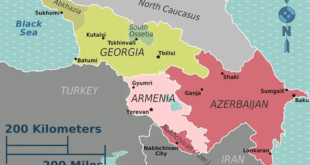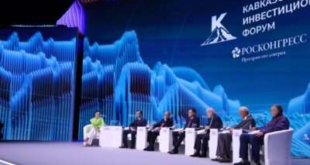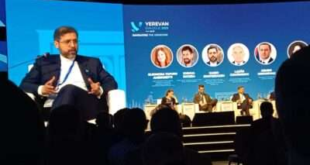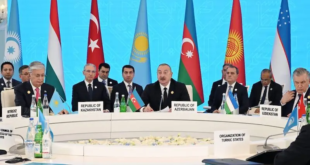SERPUKHOV, Russia (Reuters) – Former world chess champion and Russian opposition leader Garry Kasparov said on Thursday he was dropping plans to run for president next year because obstruction from authorities made it pointless.
President Vladimir Putin, due to step down next year after two consecutive four-year terms, has backed his long-time ally and First Deputy Prime Minister Dmitry Medvedev to succeed him.
Given Putin’s immense popularity, the Kremlin’s administrative clout and the support of the pro-Putin United Russia party which won a parliamentary election landslide on December 2, Medvedev is expect to win election in March.
Kasparov, a leader of the harshly anti-Kremlin Other Russia movement which unites market reform liberals and neo-Bolsheviks, said official obstruction meant he had not even been able to rent a hall to hold a meeting of supporters — a formality needed to announce he would run for president.
“We understand that a decision has been made not to allow my registration even at this preliminary stage,” Kasparov told reporters in the town of Serpukhov, some 100 km (60 miles) south of Moscow, after the funeral of an opposition activist.
The electoral commission could not immediately comment.
Kasparov and Other Russia enjoy little public support in Russia despite a big following in the West.
Kasparov said that on December 8 he had notified the Central Electoral Commission that within five days — the term stipulated by the law — he would hold a meeting to announce he was running for president.
But on December 11, the hall he had rented turned down the request.
“With your own money, you can’t even take the steps you need, even when it’s clear this step will get you nowhere,” Kasparov said.
None of Russia’s pro-Western parties, marginalized after an eight-year oil boom which has created a host of billionaires and a growing middle class, won any seats in the election to the State Duma lower house of parliament.
Kasparov and Other Russia did not stand in the Duma election because the movement could not get registered as a party.
 Eurasia Press & News
Eurasia Press & News



